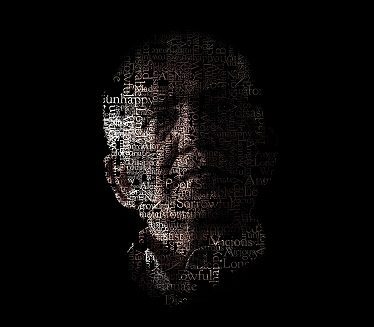
Depression is the most common psychiatric condition among the elderly, affecting between 3 and 6 percent of our aged population in Singapore. Dr Ko Soo Meng, a senior consultant psychiatrist at Ko & Ko Specialists, explains what can be done to help prevent, recognise and manage this disabling condition.
INCREASED INCIDENCE VS. GREATER AWARENESS
Dr Ko has noticed a marked increase in the number of elderly patients seeking treatment for depression at his private clinic. He attributes this to a growing awareness of the condition among the elderly and their family members, and the fact that clinicians are now more inclined to refer elderly patients for psychiatric evaluation.
The results of the Well-being of the Singapore Elderly (WiSE) Study, a three-year study conducted in 2013 and spearheaded by the Institute of Mental Health, support Dr Ko’s observation. The study shows that the prevalence of depression among older adults in Singapore has in fact gradually decreased over a period of 10 years. Singaporeans have become more comfortable talking about depression, a topic traditionally regarded as somewhat taboo. This is a healthy development indeed.
COMPLEX CAUSES
According to Dr Ko, the causes of depression in the elderly are often complex, and typically include physical, social and psychological factors. The plethora of risk factors range from the obvious ones such as social isolation and the death of a spouse, to the abuse of substances such as alcohol. Physical causes include chronic debilitating and life-threatening medical conditions like heart diseases and cancer, as well as blows to body image such as amputation.
A previous history of depression or attempted suicide, and a family history of depression or suicide, also increase the risk of depression in the elderly. The younger the onset of the depression, the more likely that genetic factors may play a role in its causes.
On the other hand, certain physical illnesses like hypothyroidism and anaemia, as well as anxiety disorders, can sometimes mimic depression in the elderly. Thus, whenever the elderly show signs of depression, they should be evaluated by professionals for a proper assessment and early intervention if required.
TREAT THE WHOLE PERSON
While antidepressant medication will often alleviate the symptoms of depression, bringing about improvements in sleep, appetite and energy levels within weeks, Dr Ko advocates a holistic approach.
“Social support has been shown to prevent depression; conversely, social isolation has been associated with an increased risk of depression and even suicide,” shared Dr Ko. Thus, the elderly person who is battling with depression should continue to engage in meaningful social activities, and adopt hobbies like painting, gardening, keeping a pet and physical exercise. Cultivating a spiritual life can also lower the risk of developing a morbid outlook and suicidal thoughts.
LATE-LIFE SUICIDE
The incidence of suicide increases with age, and men are at higher risk than women. This could be attributed to the male tendency to adopt more violent methods of suicide attempts such as jumping from heights or hanging, where rescue is difficult. On the other hand, women tend to use non-violent methods such as overdosing on medicine where intervention may be possible. Also, men are generally less likely to share their feelings than women, and thus less likely to seek or accept help.
Elderly people who openly express suicidal thoughts should never be left alone. Given that old people can be averse to what they regard as airing dirty linen in public, it is often necessary to ask direct and unambiguous questions in order to accurately assess their frame of mind.
USEFUL HELPLINES
In desperate moments when thoughts of suicide may occur, access to psychological support is just a phone call away. Counsellors are trained to listen without judgement, empathise and respect callers’ privacy.
Samaritans of Singapore (SOS)
T: 1800-221 4444
The Seniors Helpline by SAGE (Singapore Action Group of Elders)
T: 1800-555 5555
REACHING OUT
In the words of the late great Robin Williams, who took his own life in 2014 after a decade-long battle with depression, “If you’re that depressed, reach out to someone. And remember, suicide is a permanent solution to a temporary problem.”
Article contributed by Dr Ko Soo Meng, an accredited doctor at Mount Alvernia Hospital.
This article is taken from our My Alvernia Magazine Issue #34. Click here to read the issue on our website or on Magzter.